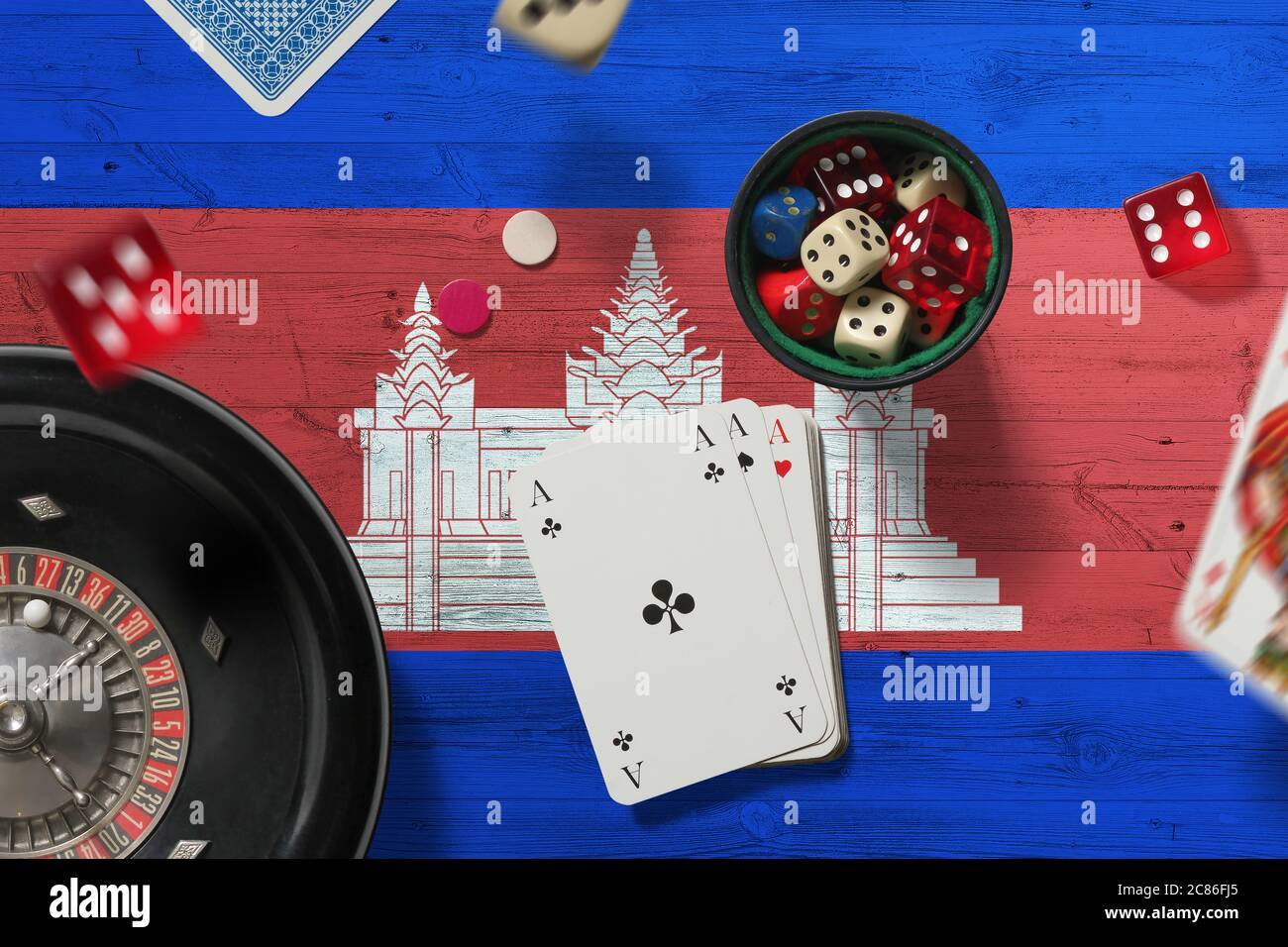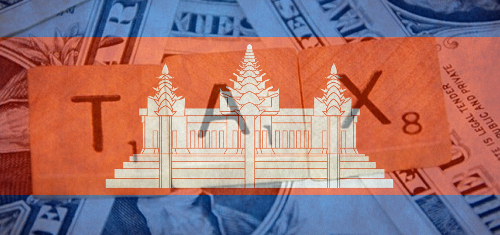Cambodia Casino Gamble
Gambling happens to be prohibited in Cambodia as per the 1996 Law on Suppression of Gambling. This law banned all forms of unauthorized gambling in the country and has listed several penalties including prison sentences and monetary fines. However, Cambodia’s General Department of Prisons doesn’t list gambling on its 28 offenses that are punishable with a term of imprisonment.

This prohibition on unauthorized gambling, which includes online gambling in all its forms, happens to be only applicable to citizens living in Cambodia. As of Oct 2015, there are over 75 casinos that cater exclusively to foreign nationals, operating within Cambodian borders, that provided over $29M in revenue for the Cambodian government during the year’s first 9 months and over $2B in estimated income for these casinos. Cambodians are permitted to gamble via government sponsored gambling, which include 5 different privately-run lotteries. Cambodian citizens had also been formerly allowed to game on slot machines that were located in casinos across the country. However, complaints related to problem gambling and piling debts caused slot machines to be shut down back in 2009.
Gambling is a very popular pastime and an integral part of Cambodian and Southeast Asian cultures. Men who do not gamble are viewed as being not masculine enough. As a consequence, even though there are laws against Cambodians gambling, it is still widely practiced in Cambodia. Cambodian police forces, which answer to a corrupt government, often aren’t bothered about violations, leading to casinos permitting locals to gamble freely and provide access to private, special rooms for law enforcement and government officials, who may have vested interests in these casinos, to carry out illegal gambling. Several extralegal activities happen to be widely popular outside authorized casinos, which include sports book (kickboxing, regional football games), card rooms, unauthorized lotteries, and cockfights. Activities like these are mostly promoted by several organized crime members and are protected by illegal bribes, paid to officers in law enforcement.
Gambling is illegal in mainland China. But insiders say many are violating this law by betting online through Cambodian casinos. At WM Casino, rows of young women deal cards for livestream. According to the gambling law in Cambodia on Suppression of Gambling enacted in 1996, any kind of gambling is illegal. Interestingly enough, this law addresses the local population only, while casinos inside Cambodia welcome foreigners with open arms. When casino owner Kang Qiang (pictured below) looks out the window of his 20th floor office in this city on the remote Cambodian coast, he sees construction cranes sitting idle. The Chinese-funded gambling enclave of Sihanoukville has suffered a double blow. One of the most popular online casino games in Cambodia is blackjack. The card game has a long history and uncomplicated gameplay. When looking to play blackjack online in Cambodia, casinos have a.
There are many societal issues that plague Cambodia due to gambling including gambling addiction, a growing malady.
Gambling happens to be banned in every country that shares borders with this Southeast Asian nation. Laos and Vietnam have communist governments that ban gambling. Myanmar and Thailand follow strict Buddhist practices, which ban gambling as well. From the late 90s, Cambodia made several moves to build a thriving casino industry, seeking to profit from this. It constructed casinos in several resort areas & border towns, enticing foreign nationals to its casinos while officially banned Cambodians from entering as well. Bavet, Poipet, O Smach & several other border towns have casino centers between their border checkpoints, which ensure easy movement of foreign gamblers between borders who can gamble and return back without having to officially go through a Cambodian checkpoint. This eliminates the requirement for visas as well. In famous tourist areas like Sihanoukville and Koh Kong, casinos happen to be open to all who possess foreign passports. The Naga Casino in Phnom Penh, which is the biggest in the entire country, possesses exclusive gaming controls within the capital’s 200 km radius. It now has a plan to start operating an exclusive charter service, that will bring in wealthy Chinese customers.

Last month, Cambodia’s National Assembly signed off on a series of measures that were designed to update the regulations for the country’s outdated casino industry.

The Cambodian casino industry shows no signs of stopping at all. In 2011 alone, over $20M in taxes were generated from casinos. In 2014 alone, over 57 casinos generated around $25M for the Cambodian national government in revenue, whereas during 2015’s first 9 months, over 75 casinos and 10 new establishments, which happened to be licensed during Q3 period alone, generated over $29M for the national government and an income of over $2B for its owners and investors. Most of the owners happen to be foreign investment firms.
An old proverb Ibaeng taeng vineah is often cited by Cambodians, which means that gambling always winds up destroying lives. This accurately reflects the problems and social challenges caused by gambling, which Cambodia is currently suffering from, which includes debt repayment problems, illegal gambling, destructive addiction to gambling, domestic disputes & several others that have become huge problems for Cambodians. Although there’s an official ban against gambling among citizens, it is still a major part of Cambodia’s culture. Usually seen in dice or card games, gambling is socially acceptable only during the New Year period and celebrations. But gambling is practiced throughout the year at several underground card centers, impromptu work break games, unlawful casino entry, online gaming and sports book. There’s a game named chak teuk phliang on which Cambodians are willing to bet real money. The stakes may be as high as $1000, with people betting on how much and when it would rain.
Cambodia Casino Closed
Gamblers must possess foreign passports to enter Cambodian casinos, a loophole that’s exploited by many dual citizenship-owning urban Cambodians to gamble legally. Those who cannot produce foreign IDs and are from rural areas have to bribe local law enforcement in order to enter legitimate casinos. People leaving illicit gaming centers or casino have reported having had to pay over 66% of daily winnings amount to law enforcement so that they could avoid being arrested.
Cambodia Casino Gambler
There is almost no psychological aid obtainable by those struggling with addictions. In Cambodian culture, gambling, drinking, & other vices are traditionally seen as symbols of masculinity. Cambodian culture and society typically see problem gambling to be a social issue, not a medical one. Thus, very few people actively seek medical treatment for professionals. In 2012, the Transcultural Psychological Organization, a national-level treatment program reported that it had treated patients for conditions like drug addiction and depression; however, it was yet to come across a patient who sough treatment for their gambling addiction.